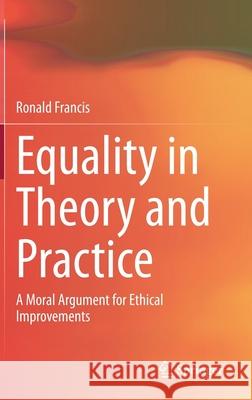Equality in Theory and Practice: A Moral Argument for Ethical Improvements » książka
topmenu
Equality in Theory and Practice: A Moral Argument for Ethical Improvements
ISBN-13: 9789811534874 / Angielski / Twarda / 2020 / 235 str.
Equality in Theory and Practice: A Moral Argument for Ethical Improvements
ISBN-13: 9789811534874 / Angielski / Twarda / 2020 / 235 str.
cena 484,18
(netto: 461,12 VAT: 5%)
Najniższa cena z 30 dni: 462,63
(netto: 461,12 VAT: 5%)
Najniższa cena z 30 dni: 462,63
Termin realizacji zamówienia:
ok. 16-18 dni roboczych.
ok. 16-18 dni roboczych.
Darmowa dostawa!
Kategorie:
Kategorie BISAC:
Wydawca:
Springer
Język:
Angielski
ISBN-13:
9789811534874
Rok wydania:
2020
Wydanie:
2020
Ilość stron:
235
Waga:
0.53 kg
Wymiary:
23.39 x 15.6 x 1.6
Oprawa:
Twarda
Wolumenów:
01
Dodatkowe informacje:
Wydanie ilustrowane











